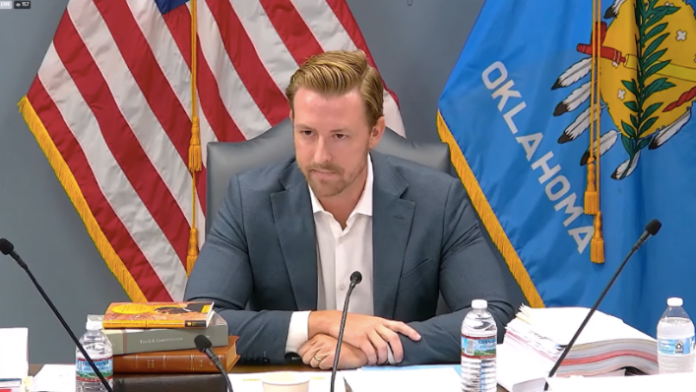Controversy and Backlash
The mandate has been met with significant controversy, with critics arguing that it violates the principle of separation of church and state, a fundamental aspect of American governance. This directive is effective immediately, despite potential legal challenges.
In response to the backlash, Walters remained firm, stating, “The left is upset, but one cannot rewrite history.” This comment highlights the ongoing ideological battles over educational content in public schools.
Broader Context
This decision follows similar actions in other states, such as Louisiana, where a new law requires the display of the Ten Commandments in every classroom. These moves are part of a broader push by some conservative groups to integrate more religious content into public education while simultaneously advocating for the removal of certain books from school libraries.
Legal and Social Implications
The introduction of the Bible as a mandatory part of the curriculum raises significant legal and social questions. Multiple families from diverse religious backgrounds and the ACLU are already preparing to challenge similar laws, arguing that they infringe upon religious freedom and violate the separation of church and state.
Superintendent Ryan Walters’ decision to mandate the Bible in Oklahoma’s public school curriculum is a bold and controversial move that has ignited a heated debate about the role of religion in education. As this policy is implemented, it is likely to face significant legal challenges and further scrutiny from both supporters and opponents.
The full implications of this directive will unfold in the coming months, shaping the educational landscape in Oklahoma and potentially setting a precedent for other states grappling with similar issues.

